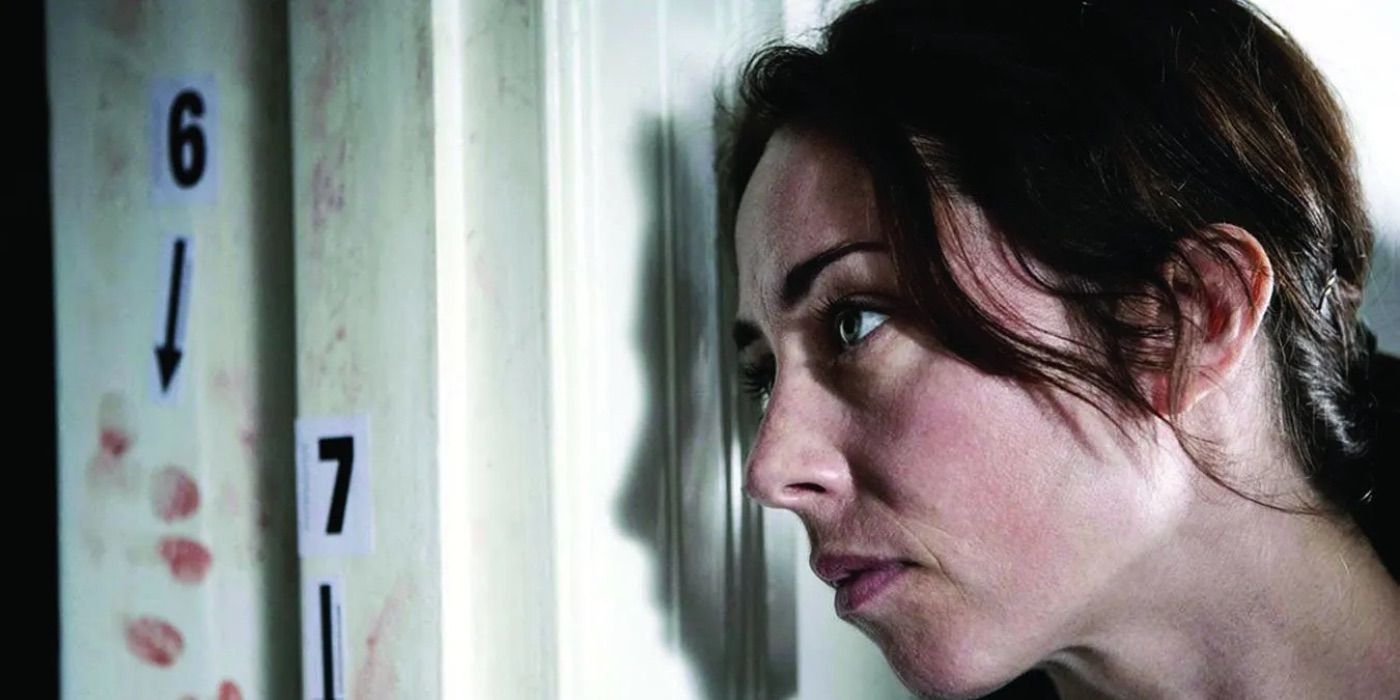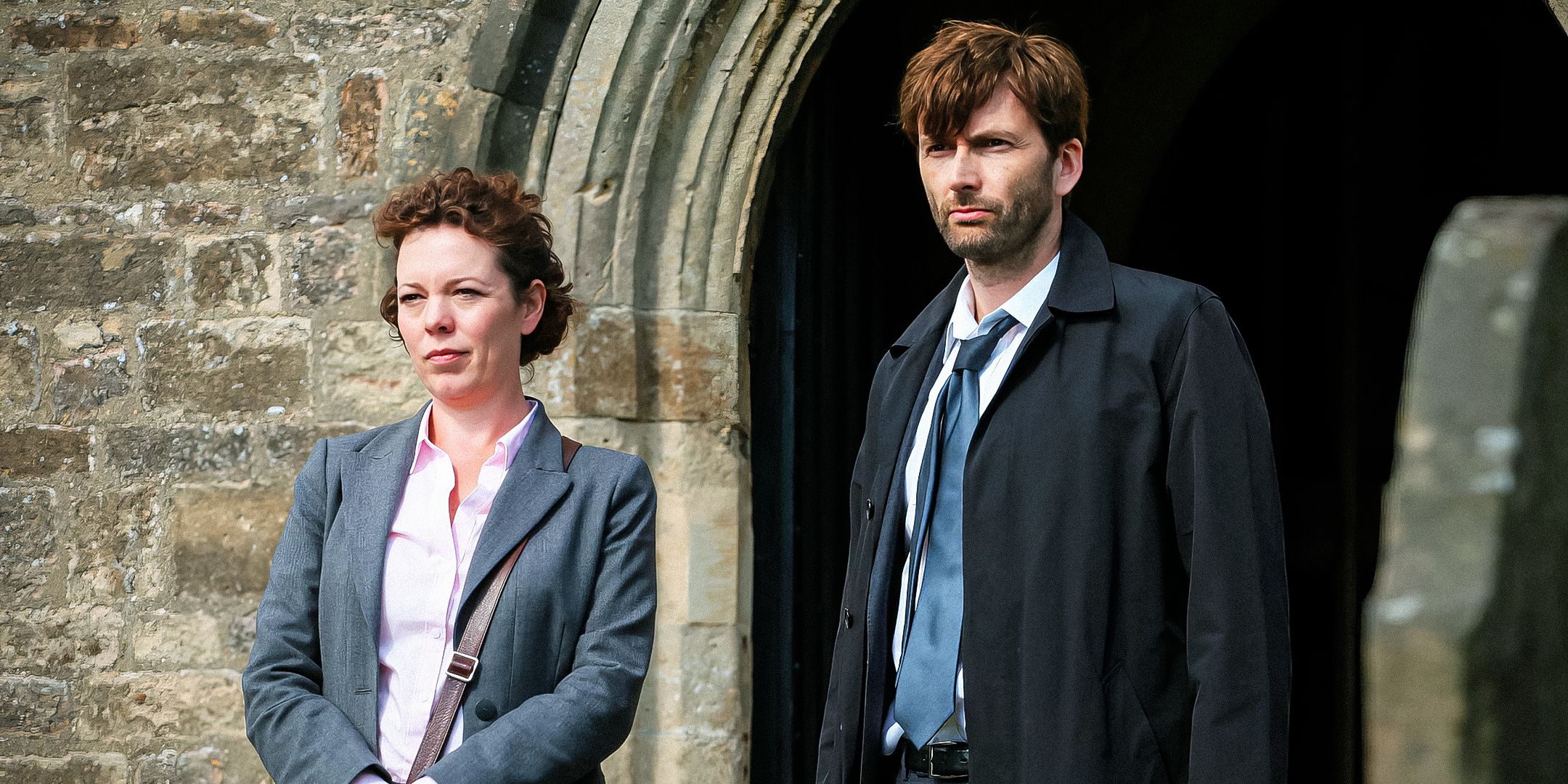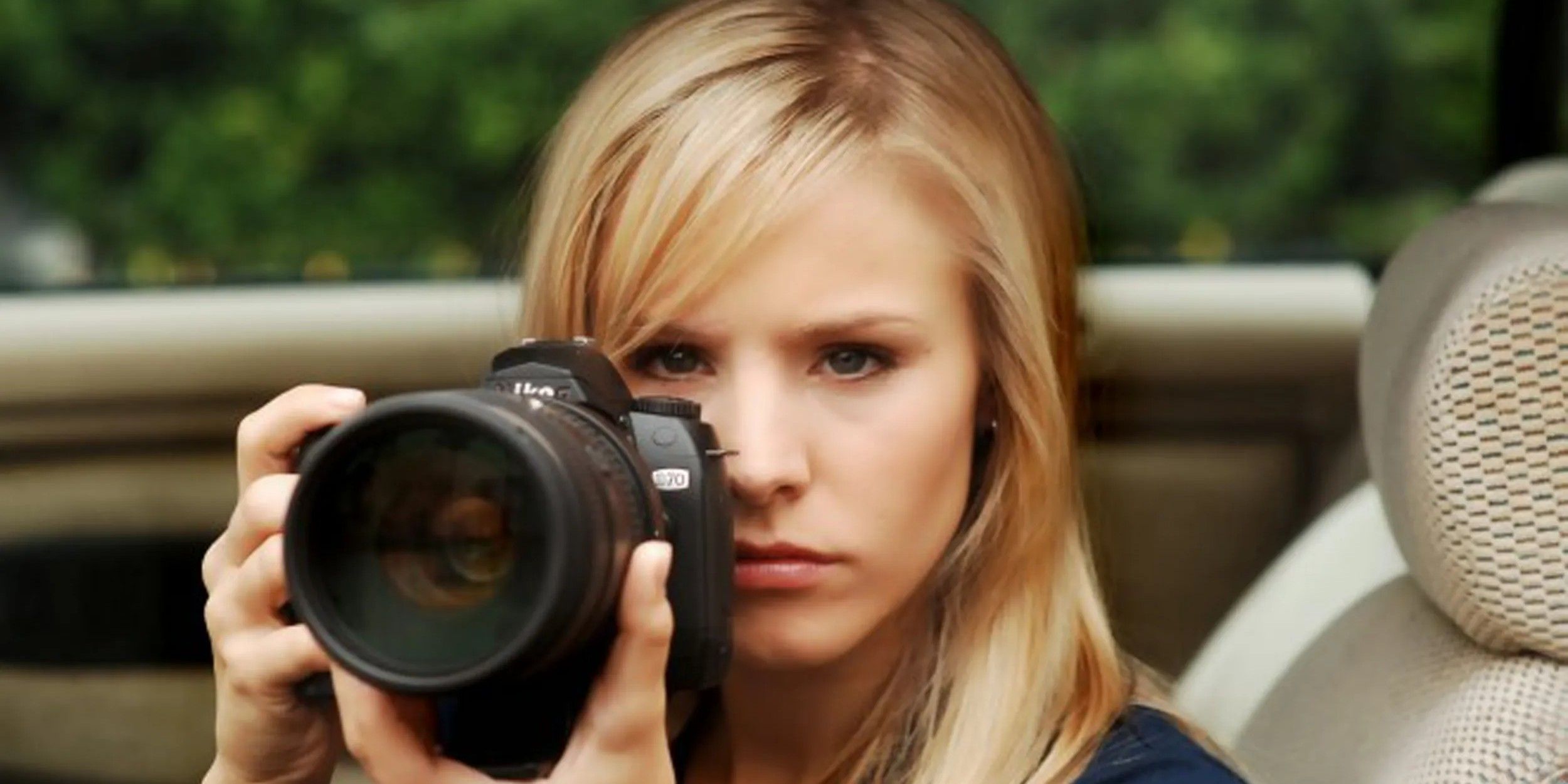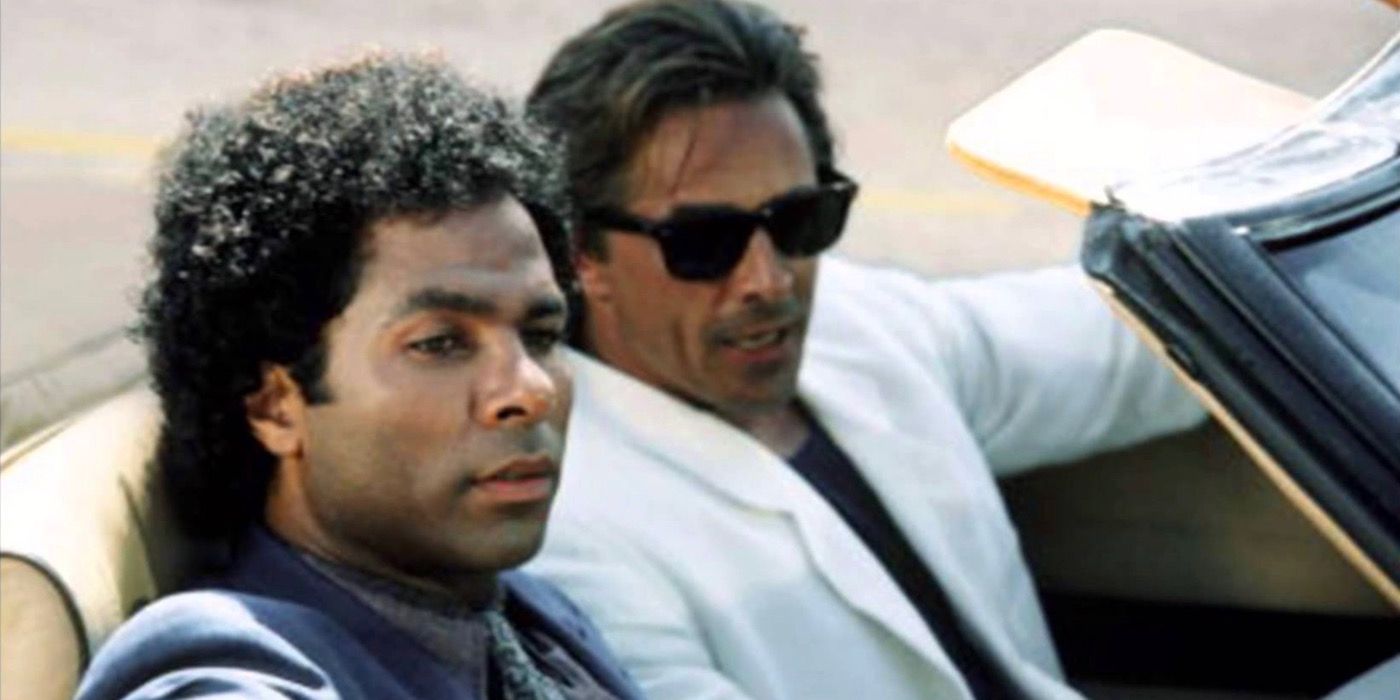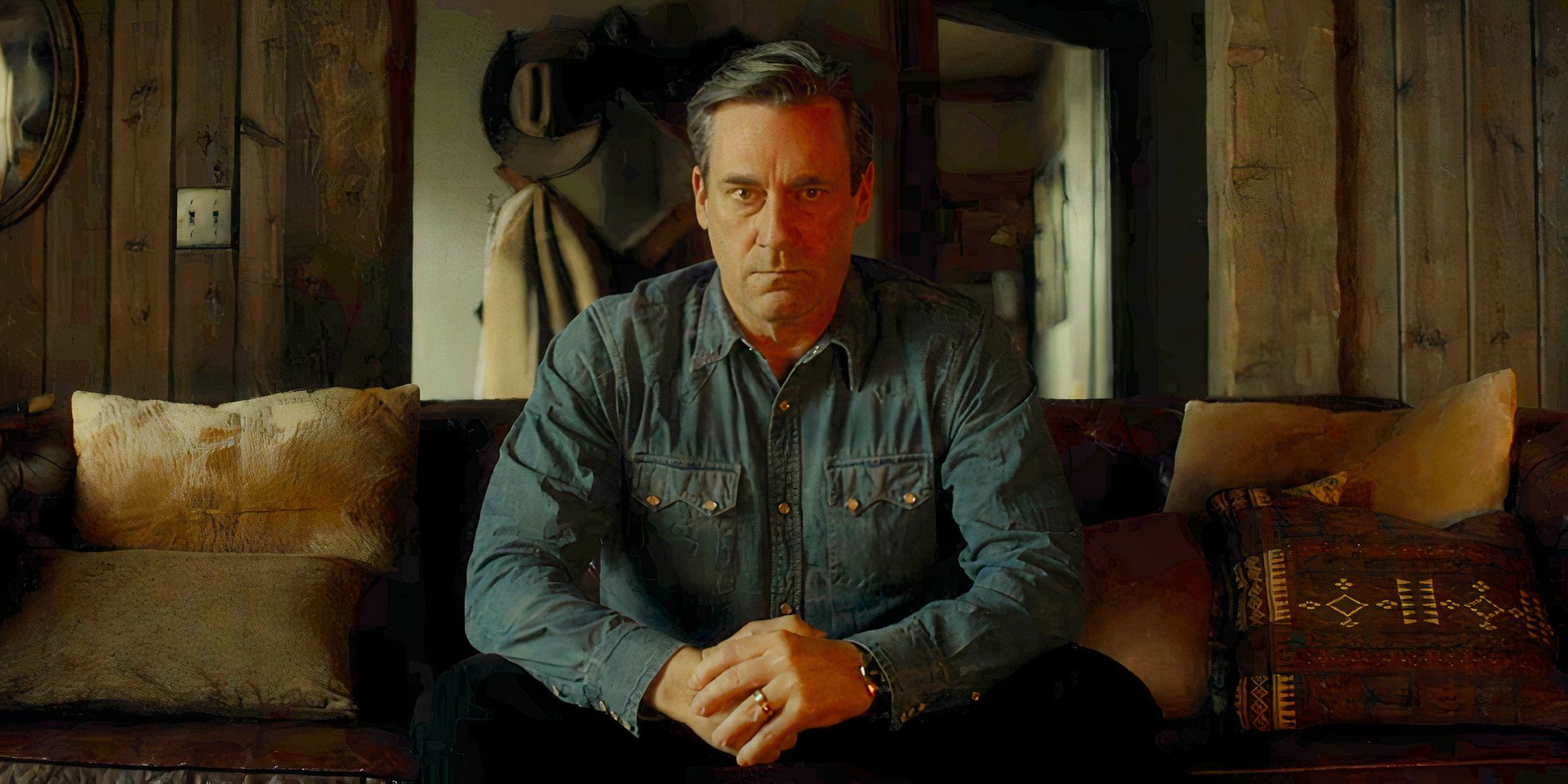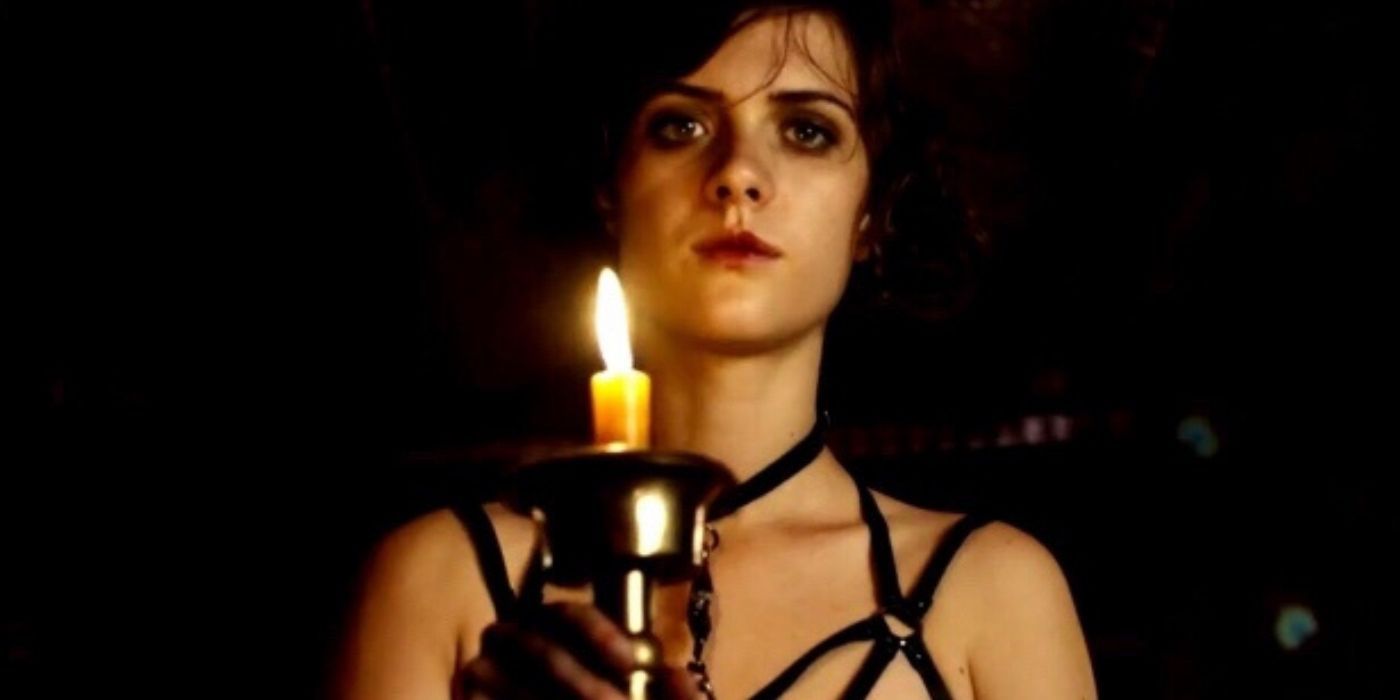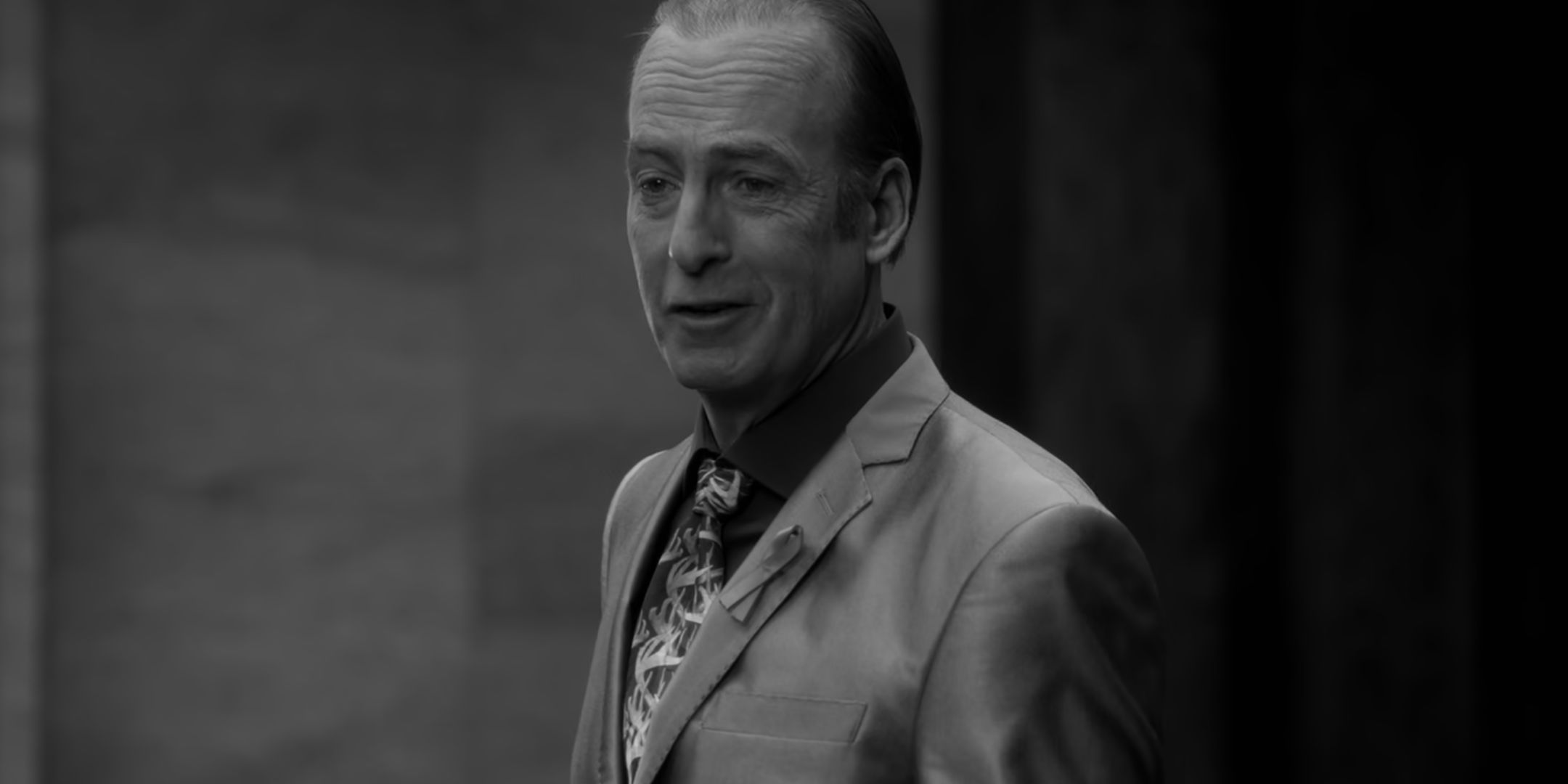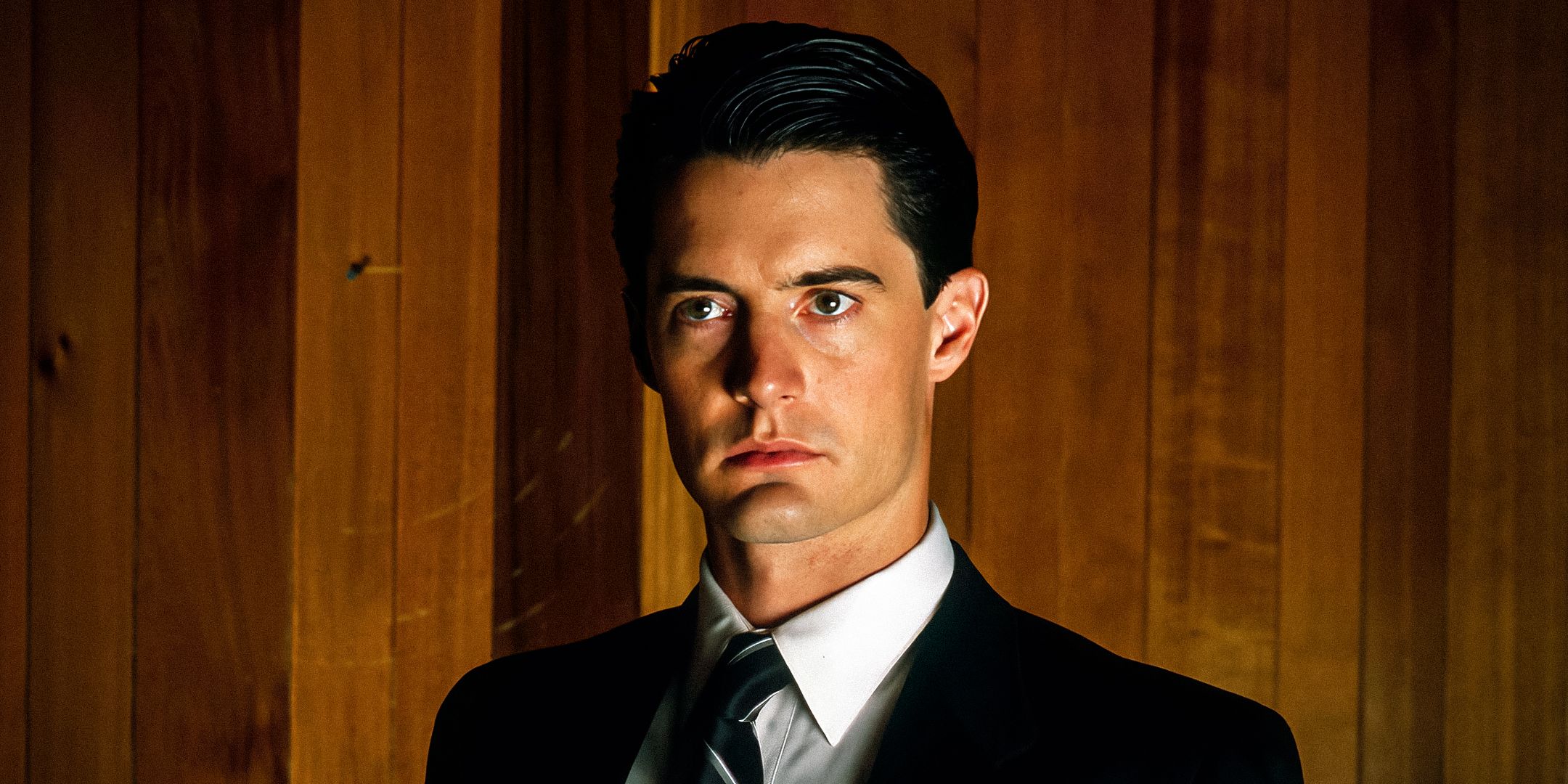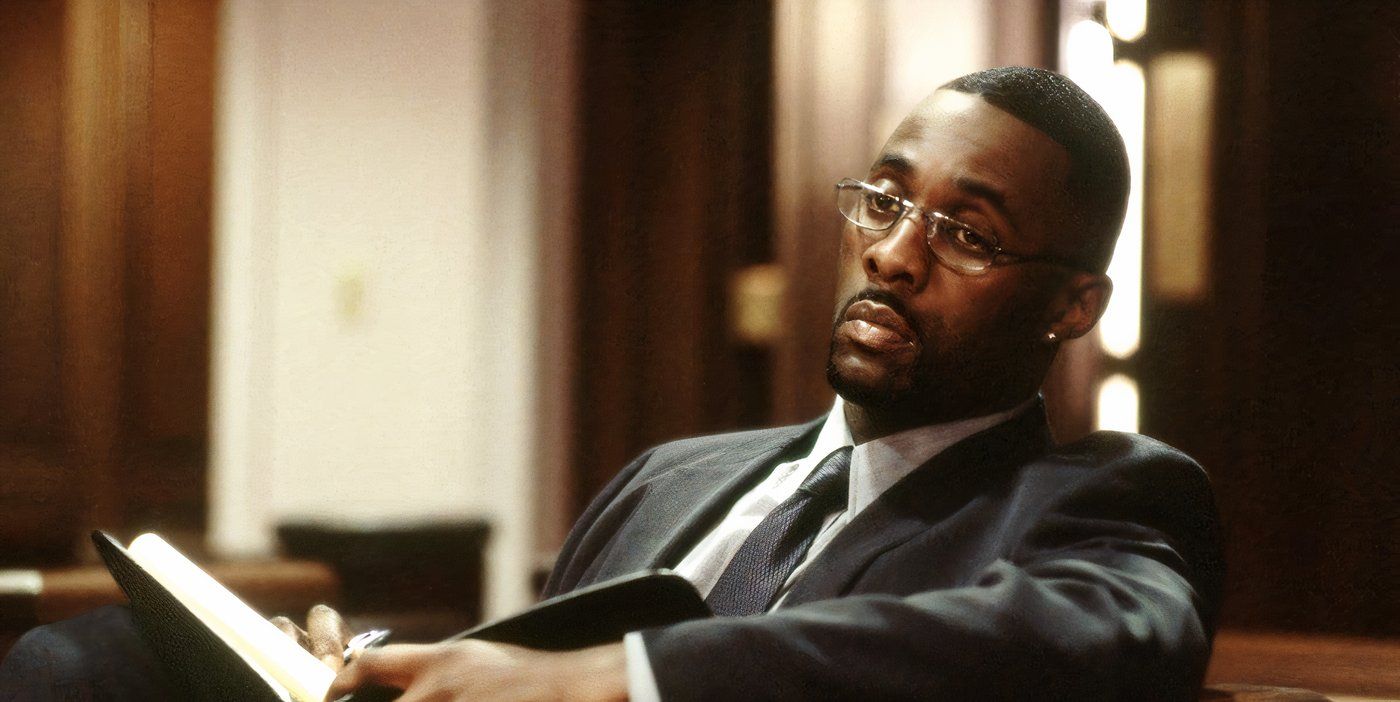In recent decades, TV has challenged the supremacy of the cinema in aesthetic terms like never before. Nowhere is this challenge better represented than in the neo-noir genre, which was once the exclusive domain of auteur movie directors. Neo-noir is now a prestige genre of the small screen, featuring some of the greatest TV shows of the last 40 years.
Just as movies like The Maltese Falcon and Laura defined film noir in the early 1940s, while Point Blank and The French Connection helped shape the initial revival of noir in New Hollywood, there are seminal TV series that established neo-noir as a small-screen genre, too.
The first all-time great neo-noir TV series arrived in the mid-1980s. Since then, many of the best crime dramas, in particular, have brought noir’s dark tones, morally ambiguous characterizations, and nihilistic worldview to the small screen. They’ve blended these genre tropes with contemporary settings and modern production techniques, pioneering what we now recognize as neo-noir television.
Not every great neo-noir TV show comes from the genre’s early years, though. In fact, the past decade has arguably been a golden age for televisual neo-noir, with the advent of streaming platforms giving it new impetus.
10
The Killing (Forbrydelsen)
2007–2012
Since the American version of The Killing was cancelled for good after four seasons, this Danish original has been restored to its rightful status as the definitive version of the show. For five years, it was the darkest detective show on television, dissecting horrific murders from every angle.
This series pioneered the single-narrative season in murder mystery TV shows, demonstrating that this most heinous of crimes is much more affecting when presented in depth across an entire set of episodes. The entire world of Inspector Sarah Lund becomes enveloped in cynicism each time she’s assigned a different murder to investigate.
9
Broadchurch
2013–2017
Broadchurch is a modern masterpiece of British crime drama, drawing on the formidable acting talents of David Tennant and Olivia Colman to solve the chilling crimes to have befallen the titular English seaside town. Unlike other detective series, this one sees its protagonists becoming emotionally involved with many of those they’re investigating.
Given the show’s claustrophobic setting, virtually any character in Broadchurch could be wrapped up in the crimes being investigated in one form or another. No one is safe, and this idyllic stretch of Dorset coastline is nowhere near as innocent as it seems.
8
Veronica Mars
2004–2007
Teen mystery drama Veronica Mars throws elements of comedy and high-school suburbia into the mix alongside its noir tropes, making for a subversive addition to the neo-noir genre. Its title character might seem clean-cut enough, but the dark clouds circling around everyone she knows make the series much darker than it initially appears.
Veronica herself has multiple love interests, is morally conflicted, and turns out to be far removed from the traditional hero. This show is the most devastating take on the seedy underbelly of the American upper middle-class since Sam Mendes’ movie American Beauty, and its shocking ending fits right into the classic noir tradition.
7
Miami Vice
1984–1990
The TV show that effectively brought neo-noir to the small screen, Miami Vice is now getting a movie reboot with Joseph Kosinski directing. Any film would do well to top the first two seasons of the original, however, which featured a visual aesthetic that was completely unique on television when it first aired.
Miami Vice was cancelled after five seasons and 114 episodes, after its last three seasons had taken the show in a very different direction from the neo-noir aesthetic that defined its early episodes.
Miami Vice isn’t just miles apart from any other 1980s cop show stylistically; its protagonists are complex, hard-boiled anti-heroes who often find themselves too deep into the criminal underworld they’re investigating to do their jobs with a clean conscience. This show laid the blueprint for every neo-noir show that came after it, and it remains among the genre’s very best.
6
Fargo
2014–2024
Although none of Fargo’s seasons are a match for the movie that inspired them, this wonderfully rendered anthology series starring an array of generational acting talents is still a work of art in itself. What’s more, the show fits more easily into the neo-noir genre than its cinematic forerunner.
Fargo is bolder in its approach to crime drama than almost any other TV series out there, yet the team behind it executes creator and showrunner Noah Hawley’s vision with stunning clarity. There’s even less light at the end of the tunnel in this show than the Coen brothers masterpiece it draws on, but it’s utterly engrossing throughout its five seasons.
5
Babylon Berlin
2017–Present
This German period crime drama gives Peaky Blinders a run for its money in visual terms, while honoring the stylistic and thematic traditions of classic noir like few other shows in recent memory. Humphrey Bogart would have jumped at the chance to play Inspector Gereon Rath, a hard-boiled detective with addiction issues and a morbid outlook on life.
The period details in Babylon Berlin, which covers a rarely explored but crucially important moment in modern German history, are astonishing. These details extend to exceptional characterizations of the various types who would have populated Berlin during the late Weimar Republic.
4
Better Call Saul
2015–2022
Once Better Call Saul had avoided the curse that sees most Hollywood spinoffs fail to live up to their parent show, it set about becoming one of the best neo-noir series ever made. Jimmy McGill is necessarily thrown into the fateful downward spiral that sees him arrive in Breaking Bad fully transformed into Saul Goodman.
It’s this dramatic irony that underpins the show, shrouding Jimmy’s criminally deceitful actions in an extra layer of darkness. The character becomes increasingly cynical as his world unravels, and by the end of Better Call Saul, we’re already in the thick of Heisenberg’s drug-dealing empire.
3
Ripley
2024
A TV remake of The Talented Mr. Ripley had every right to fall flat, given what an accomplished piece of filmmaking the 1999 adaptation of Patricia Highsmith’s 1955 novel is. Yet, Ripley supersedes its cinematic forerunner in virtually every sense, with Andrew Scott and Dakota Fanning delivering extraordinary performances in its lead roles.
If ever a series could serve as the definition of neo-noir, this one is it. Ripley’s narrative timeline and settings already make it noir-adjacent. But it’s the gorgeously evocative black-and-white cinematography and perfectly-placed plot ambiguities that mark the show out as definitively noir.
2
Twin Peaks
1990–1991
One of the many ways Twin Peaks changed TV forever was its unabashed celebration of noir filmmaking. So much about the look and feel of the seminal surrealist crime drama evokes film noir, from the morally suspect characters that populate its titular town to the unusual visual compositions designed to unsettle its audience.
Twin Peaks is one of the darkest and strangest things ever made for the small screen, which is a key aspect of its unique brilliance. The feeling we’re left with at the end of each episode is the same discomfort or pessimism we have at the end of Howard Hawks’ The Big Sleep or Billy Wilder’s Sunset Boulevard. This is noir storytelling at its very best.
1
The Wire
2002–2008
More than any other TV show on this list, The Wire is a true masterpiece. The high-water mark for neo-noir in the 21st century, this is a disturbing but painstaking examination of crime and corruption on a vast scale, in the tradition of The French Connection and Chinatown.
If there’s another show that’s given a more masterful and comprehensive exposition of the genre, I’d love to see it. Jimmy McNulty is the archetype for every other neo-noir TV detective to follow, although it may be that none ever match him.



